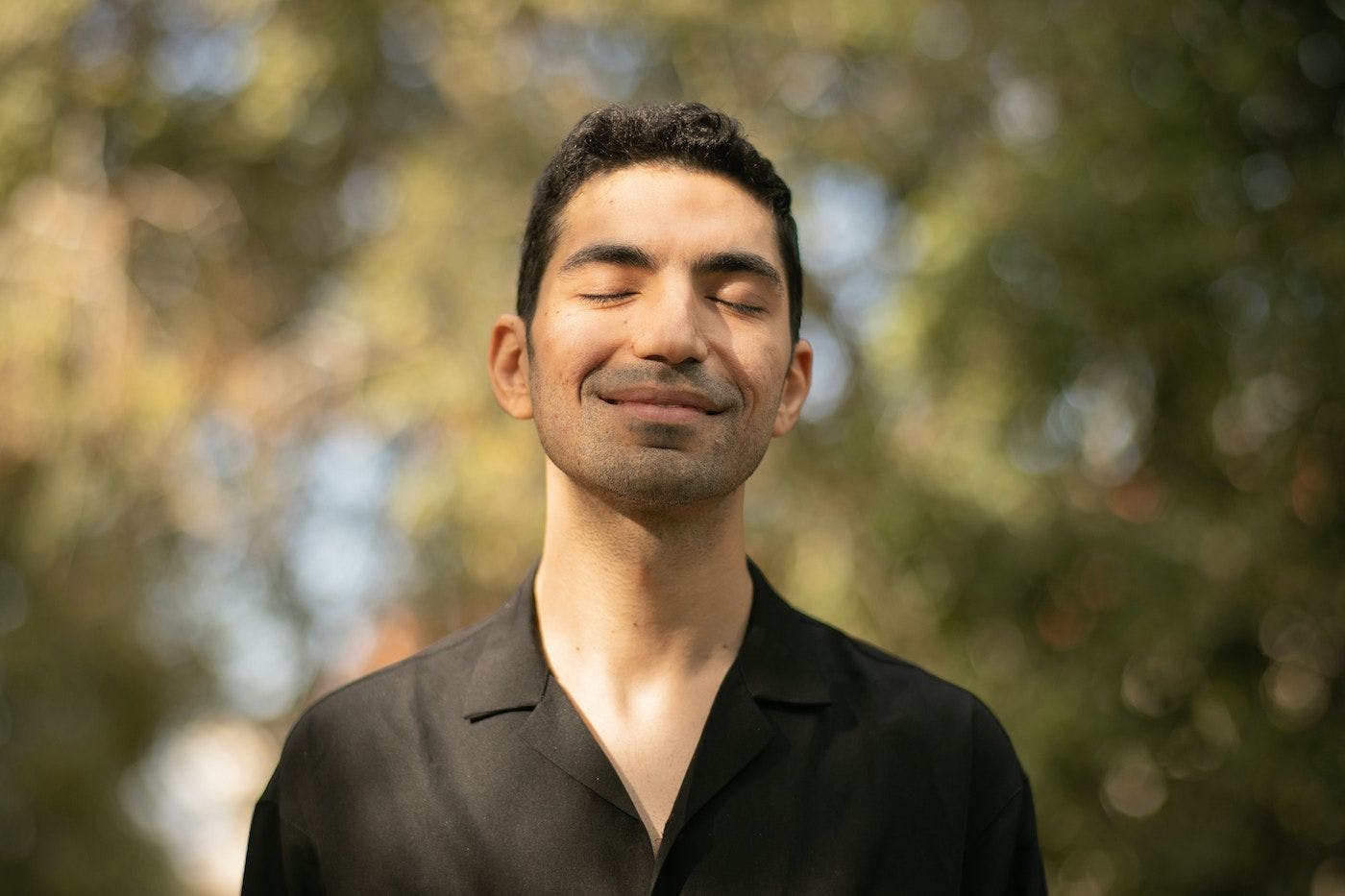
Let go of critical tendencies with these steps
Judgement is a natural part of human interactions. Our brains are analytical, and programmed to constantly assess and analyse situations, helping us determine what is or isn’t safe. However, when does this act of judging become a hindrance rather than a help?
In a world where we are surrounded by constant comparisons, societal expectations, and the allure of social media, it’s easy to fall into the trap of passing inaccurate judgements on ourselves or others. These judgements can lead to negativity, stress, and strained relationships, and hinder both personal and professional growth.
A ‘judgement detox’ can break this limiting cycle, allowing us to foster a positive mindset, cultivate empathy, and experience a range of benefits. It is a practice which involves consciously letting go of unhelpful thoughts, opinions, attitudes, and beliefs you hold about yourself, others, and the wider world.
Here are three crucial steps to embark on a judgement detox journey, alongside the numerous benefits that come with it.
Increase your self-awareness
This involves being attuned to your thoughts, opinions, and beliefs – recognising judgemental tendencies, and understanding the triggers that ignite them. Notice where your judgements are coming from, and get curious about why they are there. Where or whom did they come from? Do you get defensive in new relationships? Write-off prospective partners because you didn’t like the way they were dressed on their first date? Feel like an imposter in your job and worry others will judge you as being incompetent? Judge everyone as being untrustworthy, and don’t get close to them?
Write your observations in a journal every day for a month to help you be mindful. Then reflect on your answers and ask yourself: “What could I have done differently in that situation?” This helps initiate positive change by breaking repetitive patterns.
Cultivate open-mindedness
Consider whether the judgements you hold about yourself, others, and the world, are an accurate depiction of the world. Are your judgements based on facts and evidence, or an automatic narrative running in your head? More often than not, we hold judgements passed on to us by others, rather than based on our own experience. If your parents believed the world ‘isn’t safe’, you may grow up believing the same, even though that’s not your own personal experience.
Assessing situations based on facts and evidence allows you to make rational, well-informed decisions, rather than quick judgements based on fear, worries, and insecurities. This reduces anxiety and encourages approaching situations in a balanced way, with a willingness to understand different viewpoints.
The next time you have judgemental thoughts, try the ‘courtroom challenge’. Ask yourself: “What proof do I have that this judgemental thought is not true?” List all the facts and evidence that prove the thought is untrue.
In court, nothing is believed without facts and evidence. Apply this exact principle to your mind, don’t believe any judgemental thought unless facts and evidence can prove it!
Practise gratitude and positive self-talk
This final step is crucial, as it rewires the brain to focus on positivity, reducing negativity and judgement.
Gratitude focuses on the positive aspects of life, helping you see things from a different angle. When you actively appreciate the good things in your life, you’re less likely to dwell on the negative aspects, or harshly judge others. Gratitude helps you appreciate the present rather than judging situations through the lens of past experiences.
Positive self-talk challenges negative beliefs, opinions, and views you hold about yourself by consciously replacing them with affirming and constructive ones. An internal dialogue which is kind and compassionate results in self-acceptance instead of criticism and judgement. Over time, you will apply this acceptance to other life events and people. This mindset shift will open doors to opportunities, bringing you greater joy.
Reinforce this step by doing a morning gratitude exercise, which involves focusing on three things you are grateful for that morning. For example, it could be a good night’s sleep, your health, and a loving family. This sets the tone for the rest of the day by putting you in a positive mindset.
Embarking on a judgement detox journey requires commitment and self-reflection, but the benefits are well worth the effort. These include breaking free from judgement cycles, improving relationships with yourself and others, reducing anxiety, and enhancing personal growth by being open to greater opportunities. Ultimately, a judgement detox paves the way for a more fulfilling and positive life.

